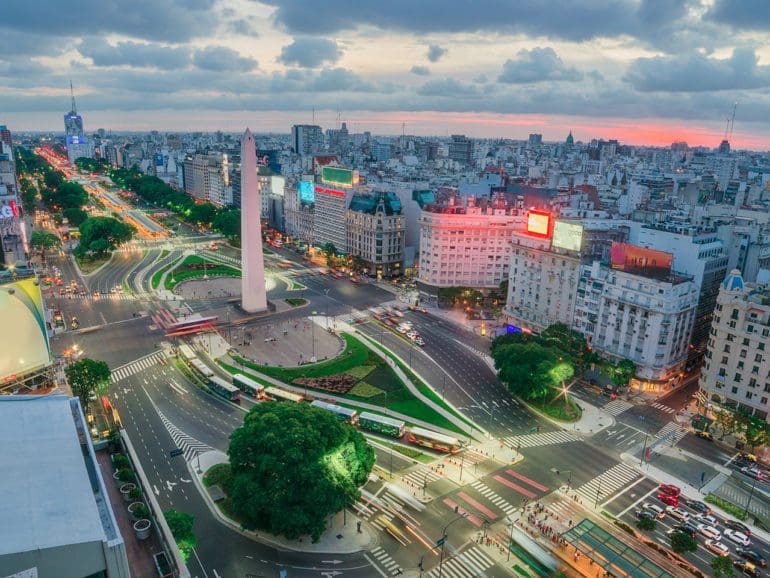Last month, the financial market regulator in Argentina launched a fintech innovation hub, a decision that officials believe is a first step toward issuing cryptocurrency and fintech regulation at a later stage.
The initiative, launched in late April, is expected to bring the public and private sectors together as the regulator interacts with fintech companies that operate in the capital markets subsegment.
The South American country has seen widespread cryptocurrency adoption during the past few years, in many cases boosted by the highly volatile local currency that leaves locals opting for alternatives to invest their savings.
The popularity of Bitcoin and other crypto-assets has led to the rise of several startups, most of which target several markets at once in the region.

“In Latin America, unlike other regions, cryptocurrencies play a role beyond the speculative,” said Manuel Beaudroit, founder of crypto firm Belo. “They play a social role as well, both in sending remittances and also as an alternative to local fiduciary currencies.”
Sector-specific laws lacking
But despite growing adoption in the past few years, the country lacks sector-specific regulation. The Central Bank has recently barred banks from offering cryptocurrency exchange services. The country’s recent bailout deal with the International Monetary Fund suggests that crypto adoption should not be incentivized. However, there was no more clarity provided by either the government or the fund.
To be sure, Argentina is not alone in the region due to a lack of regulation. Most Latin American countries have no specific tailormade framework for the sector, and its regulators have acted mostly by calling out frauds and alerting investors when it comes to cryptocurrency.
Related:
However, earlier this year, Brazil stood out as a pioneer when its Senate approved a crypto framework project, which many believe could put the country at the forefront in the region. If greenlighted by the Lower House as well, the bill would define what a virtual asset is and set the stage for a broader regulatory perimeter. It would also provide ground rules for day-to-day use and stricter penalties for scams and frauds, which have increased in a widely unregulated space over the past few years.
On a broader scale, Mexico was one of the first countries worldwide to issue financial technology regulation back in 2018, although some claim that adjustments need to be made given how fast the industry has grown in Latin America.
Poor implementation could suppress innovation
In that regard, regulating an industry that is constantly evolving is no easy feat, and the risk of suppressing innovation is huge if poorly done.
“We are still in a very premature state. Our vision is that there is no immediate way today to get out and regulate overnight,” said Martin Breinlinger, a fintech director at the financial market regulator CNV. “It is a dynamic phenomenon, and all of us regulators worldwide are debating how best to deal with it. We are paying attention since we believe that we will have to regulate it in the future.”
As of yet, regulators in Argentina, including the central bank, have been chiefly concerned about alerting investors of the risks of investing in cryptocurrency. But the decision from the CNV could pave a roadmap for broader regulation later, Breinlinger said. A sandbox is expected for 2022, where innovative business ideas can be tested under the supervision of the regulator.
“There is some consensus in the industry that this has to be regulated at some point. The fear is that it could be poorly regulated,” he said. “Specific measures must be developed to generate responsible innovation, but at the same time, protect the investor.”
VC spending spikes
Some countries in Latin America have begun to take a closer look at the industry as adoption grows and venture capital funding spikes.
Venture funding to Latin American crypto companies grew tenfold during 2021 to $ 650 million from $68 million. Although they still represent a small share of broader fintech investments, crypto is quickly gaining weight. Fintech investments rose to over $6 billion last year, a record for the region.
“The fintech industry has seen exponential growth in Argentina over the last three years,” said Tomas Bollini, a partner with TMB & Asociados, a local law firm. According to him, such fast-paced growth provides a “unique opportunity” to create a legal framework. “It would allow the development and growth of the industry to continue, attracting investment, providing legal certainty, and promoting competition.”


